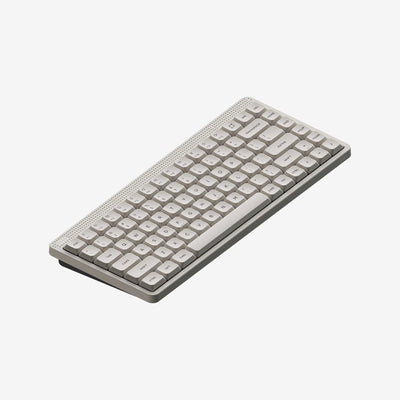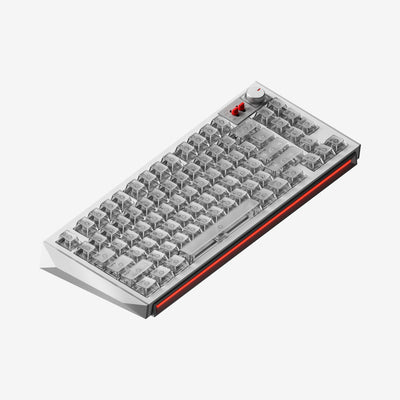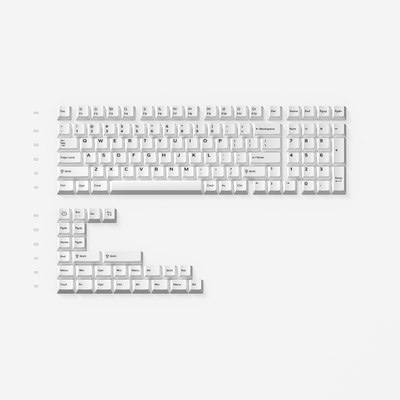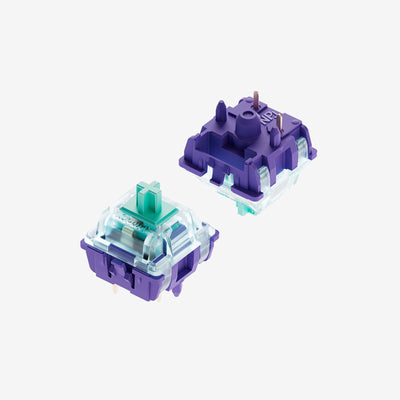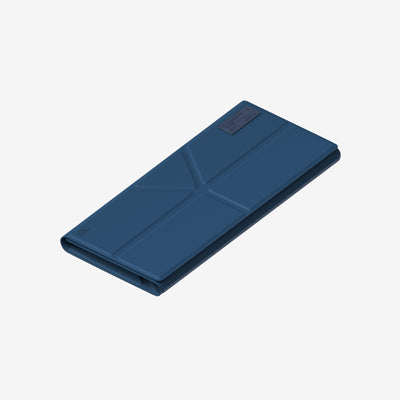HAO788: Slot Online Terpercaya dengan Bonus Melimpah & Server Stabil
Slot88/Situs Slot Gacor Gampang Maxwin
- Kecepatan Deposit Terjamin
- Keamanan Sudah Pasti
- Menang Berapapun Wajib Dibayar Lunas
Features:
- PCB Gasket Mount
- QMK/VIA compatibility
- 1000Hz polling rate
- Tri-mode connections, 2.4G, Bluetooth and wired USB-C
- Compatible with Windows, macOS, and Linux
All orders will be shipped by NuPhy within 48 hours of order confirmation, tracking numbers are provided no later than a day after shipment on business days. You can check Shipping Policy for more information.
Notice
NuPhy offers a 1-year limited warranty for all NuPhy products. If there is any quality issue, please send relevant images or videos to [email protected] for review.


